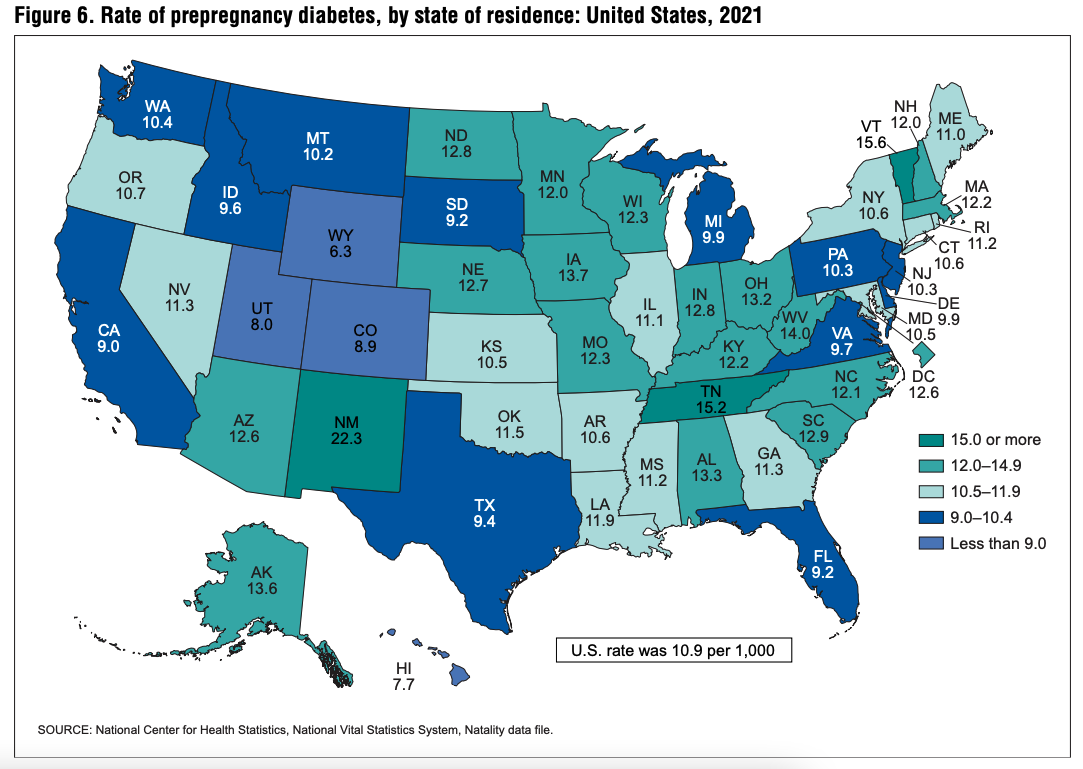Closer Look
Opinion: Cancer patients need navigation the system doesn't provide
 Adobe
Adobe
In that no-man's-land between disturbing finding and a cancer diagnosis, patients find themselves alone. That's when they turn to trusted people they know, like oncology fellows Samyukta Mullangi and Vinayak Venkataraman, they write in a STAT First Opinion. Patients want help navigating the system, triage to know if they need specialized care, and guidance on what to ask and ask for, including for a second opinion.
"We need to do better to best help our patients," they write. "They are looking for someone to help navigate them through their life's abrupt left turn — something that our system simply does not offer." Mullangi is joining a virtual patient navigation service, hoping to overcome challenges that keep current efforts underused. One is diffuse ownership of the process from prevention, screening, detection, diagnosis, treatment, survivorship, through end-of-life care. The other is the business model. Read more about what that means.
reproductive health
Rates of diabetes before pregnancy climbing

NCHS
Most cases of diabetes during pregnancy are gestational, meaning glucose intolerance requiring treatment develops during those nine months. But diabetes before pregnancy begins, including both type 1 and 2, carries a higher risk of serious problems for both mothers and infants. A new analysis from the National Center for Health Statistics says pre-pregnancy diabetes rates are rising, increasing by 27% from 2016 to 2021.
There were differences by race and Hispanic origin: Rates were lowest for white mothers at 8.7 per 1,000 births, followed by Hispanic (12.2), Asian (12.5), Black (14.7), Native Hawaiian or other Pacific Islander (20.7), and American Indian or Alaska Native (28.6) mothers. The rate also rose with age and BMI, which the authors say aligns with the increased risk of type 2 diabetes for people who have overweight or obesity.
public health
Restaurant-related foodborne illnesses tied to sick workers — and sick leave policies
From 2017 through 2019, there were 800 restaurant-related outbreaks of foodborne illness in the U.S., mostly from norovirus and salmonella, a new CDC report tells us, but the most telling metric may be that a sick worker was involved in 4 out of 10 outbreaks. Fewer than half of the restaurants offered paid sick leave to employees and only 1 in 6 had a written policy to prevent contamination, such as listing symptoms to report or whom to inform.
Sick leave and sick notice matter, the researchers said. Restaurants with policies requiring workers to report illness to managers were less likely to have employees who worked while sick. And previous research has linked paid sick leave to lower foodborne illness rates. "Ill workers continue to play a substantial role in retail food establishment outbreaks, and comprehensive ill worker policies will likely be necessary to mitigate this public health problem," the authors write.
On the latest episode of the "First Opinion Podcast," First Opinion editor Torie Bosch speaks with Penn oncologist Zeke Emanuel about his proposal to eliminate cost-sharing for cancer patients. Listen here.


No comments